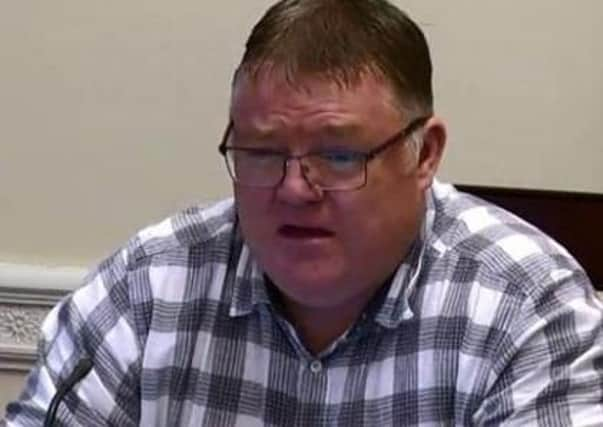Ammonia action must be realistic


Speaking on the topic in the Assembly on Monday night, Mr McAleer said: “We recognise that ammonia emissions and the impact on sensitive ecological sites has to be addressed, but this transition has to be achieved through a partnership approach with our farmers who are key workers, custodians of the environment and producers of our food.
“The food and drinks industry in the north is worth over £5 billion per year and employs over 70,000 people. The economic contribution is huge and any proposals of a moratorium on planning would have profound economic consequences.
Advertisement
Advertisement
“Farmers are already struggling with the current planning system that prohibits them in many cases from replacing existing buildings or improving efficiencies to compete in the marketplace.
“ In many cases current restrictions also have negative environmental consequences as farmers who wish to invest in measures to reduce emissions are curtailed.
“The pending ammonia action plan must be realistic to assist and not impede farmers.
“Already we have seen good progress in ammonia reducing measures such as low protein diets in cattle, advances in manure management, the use of clover and lime and tier 3 of the FBIS is focused on ammonia reduction systems.
Advertisement
Advertisement
“In relation to the action plan, I reiterated to Minister Poots during question time on Tuesday that not all emission reducing measures such as the Low Emission Slurry Spreading (LESS) equipment is suitable for the hilly, marginal terrain of Severely Disadvantaged Areas and I pressed him to take this into account when developing his strategy.”
Mr McAleer concluded: “I agree with the conclusion of the expert working group on ammonia that in order to prove that the north is a leader in sustainable agriculture that the ammonia issue must be controlled.
“However, I feel strongly that this must take the form of a ‘just transition’ in partnership with the farming community so that we can help protect their livelihoods, our rural economy and the environment.”
* Got a story for Farming Life?
Email us at [email protected]
Don’t forget to follow us on Facebook.